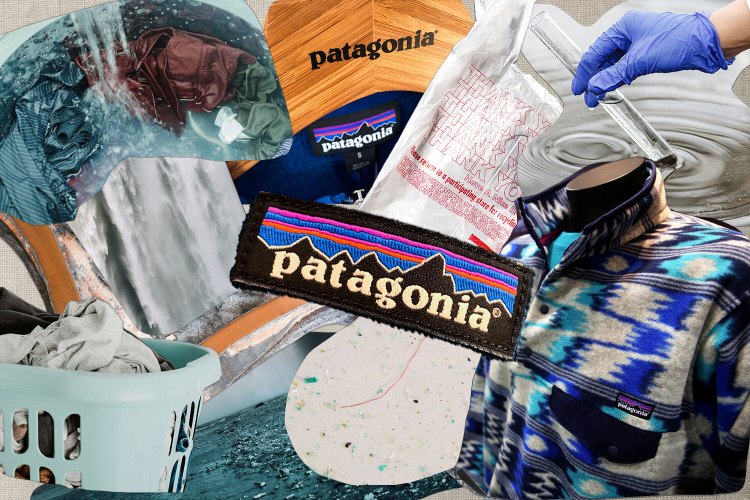Before the 13th century, the only land mammals in New Zealand were bats. Local birds developed a docile temperament because of this, and most of them lost their powers of flight, reports The Atlantic. But when rats, dogs, weasels, and other mammals were introduced to the land, the birds became easy prey.
Many species now only exist in offshore islands where rats and the like have been eradicated, or in places like Zealandia, a unique 225-hectare urban sanctuary where many endangered species have been relocated, according to The Atlantic. Many of the country’s conservationists and residents support Predator-Free 2050, which is a plan to save the birds by eradicating its invasive predators. No country has ever managed this task. If it worked, the entire country would be a sanctuary for birds.
CRISPR, the technique that allows scientists to edit genes, could help with this task. Some conservationists see it as a way of achieving this impossible-sounding task, writes The Atlantic. They would use the tool to make it difficult for the animals to reproduce.
Kevin Esvelt, a biologist at MIT, drew out several possible uses for gene drives, a technology for spreading designer genes through groups of wild animals, in 2014. In theory, gene drives could spread so quickly and relentlessly that they would “rewrite an entire population,” according to The Atlantic. And they would be hard to contain once released.
New mathematical simulations, conducted by Esvelt with colleagues at Harvard, show that gene drives are even more evasive than he expected. If conservationists try to eliminate rates on remote islands using the gene drives, all it would take would be a few strong-swimming rodents to spread the drive to the mainland, and then beyond.
“You cannot simply sequester them and wall them off from the wider world,” Esvelt said, according to The Atlantic. Eventually, they’ll spread throughout the full range of the species the drive targets, and that means the entire planet.
This article was featured in the InsideHook newsletter. Sign up now.























